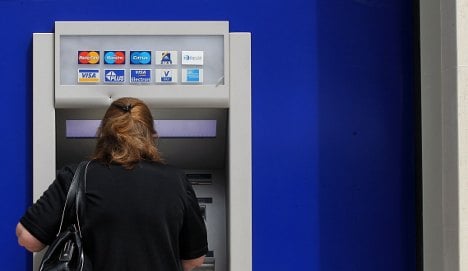Several members of the pro-business Free Democrats (FDP) expressed their disapproval of the scheme, which Merkel herself has said could only be conceivable at the end of a long process of European integration.
A banking union would simply be “a new, admittedly creative, way to tap German solvency,” said Christian Lindner, a leading FDP member, in the business daily Handelsblatt.
“Every eurozone country has to take responsibility for its own banks,” added Lindner, one of the party’s rising stars.
The FDP’s parliamentary head, Rainer Brüderle, said a banking union “would give the impression that we don’t have confidence in the mechanisms already in place.”
Members of Merkel’s own centre-right Christian Democratic Union (CDU) have also expressed reservations. CDU lawmaker Michael Fuchs insisted: “Our savers cannot be liable” for the deposits of people in other countries.
Speaking before a meeting with European Commission Jose Manuel Barroso on Monday, Merkel said that in the medium-term, Europe must clarify “to what extent we have to place systemically relevant banks under specific European supervision.”
The Commission was due later Wednesday to release proposals to avoid taxpayer bailouts and ensure that essential functions – including working cash machines – are maintained in the event of a bank collapse.
The latest proposal to resolve the sovereign and banking debt crisis is to integrate the eurozone’s national banking systems to prevent investor flight or bank runs in one country, such as ailing Spain, from dragging down the entire system.
AFP/hc




 Please whitelist us to continue reading.
Please whitelist us to continue reading.
Member comments